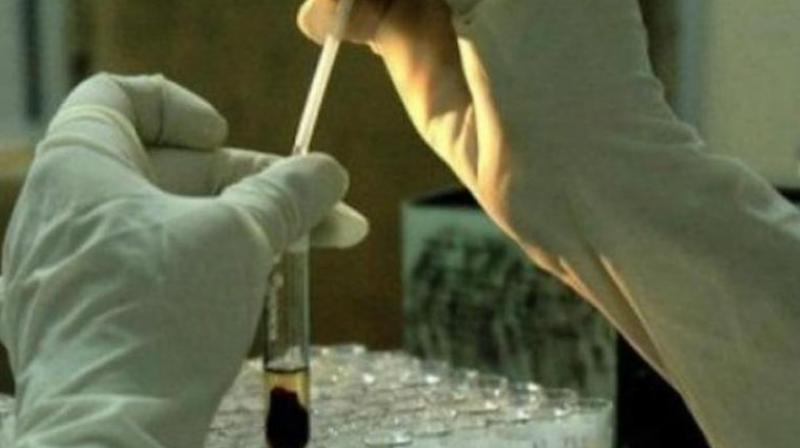Receptors’ role in depression found

Hyderabad: CSIR-Centre for Cellular and Molecular Biology (CCMB) scientists have found that G protein-coupled receptors (GPCRs) help in treating depression.
The researchers have identified the molecular players involved in endocytosis, a key event in the therapeutic action of many of the drugs that act via GPCRs.
A receptor named Serotonin1A, an important drug target in neuropsychiatric disorders such as anxiety and depression, was identified by the researchers.
G protein-coupled receptors help in communication between the exterior and interior of the cell and respond to a variety of external signals.
They thus regulate an incredible range of bodily functions, from sensation to growth to hormone responses. Due to their major role in cellular signalling, GPCRs represent prominent drug targets. At present, 40% of drugs act via GPCRs across diverse clinical areas.
Professor Amitabha Chattopadhyay from CCMB and other researchers published a paper in the American Chemical Society journal Biochemistry which sheds some light on the route that the receptors follow during therapeutic action of drugs.
“We have identified the molecular players involved in endocytosis of an important member of the GPCR family, the serotonin1A receptor. The Serotonin1A receptor is an important drug target in neuropsychiatric disorders such as anxiety and depression,” Prof Chattopadhyay said.
Prof Chattopadhyay’s group showed that these receptors enter the cellular interior through specialised regions of the cell membrane called clathrin coated pits. “We probed the receptor’s movement within the cell, and found that it eventually recycles back to the cell membrane,” said G. Aditya Kumar, a PhD student and the first author of the paper.
They also analysed the underlying mechanism of antidepressants drugs called Selective Serotonin Reuptake Inhibitors (SSRIs).

